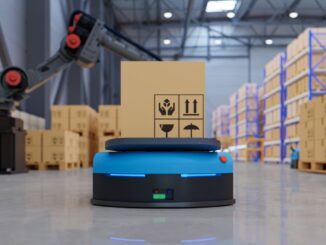
The blockchain, bitcoin and other virtual currencies have been in circulation for over a decade now. However, most people still find it difficult to understand how these new financial technologies work, and even more difficult to see their implications for the environment.
In simple terms, the blockchain is a digital register shared among users, which continues to grow. In this decentralized database the data is encrypted, that is inaccessible to hackers and therefore more secure than they are for example on the traditional Internet.
What Is a Bitcoin?
The bitcoin, on the other hand, is the best known crypto currency, whose transactions are recorded and fixed on the blockchain as if it were a real ledger. Currency exchanges are practically a passage of encrypted – and therefore secure – data. Bitcoins are stored in digital wallets, which are applications to be installed on your phone or computer. This software allows you to buy bitcoins by pouring “traditional” money into an Exchange. One of the most well-known portfolios is Bitvavo, an extremely intuitive platform that can be used for any type of transaction (negotiation, withdrawal, deposit, storage) with and between different crypto currencies (not only Bitcoin, but also for example Ethereum, Ripple, Litecoin, Gas).
Bitcoin payments are usually free of charge (unlike credit cards), they can also be used by those who do not have a bank account. Finally, bitcoin payments are in fact anonymous and therefore protect privacy.
What Impact Do Cryptocurrencies Have on the Ecosystem?
Here we are at the heart of the matter. The main criticism raised concerns the enormous CO2 emissions due to the complex mathematical operations carried out by powerful computers to validate transactions. These machines work simultaneously in competition with each other for the same transaction and the “winner” is repaid with other bitcoins, in a process called mining that gives birth to new money to put into circulation. All this hardware consumes a very high amount of electricity, which as we know produces greenhouse gases. On the other hand, it is true that all the dematerialization of the operations carried out through the blockchain avoids a lot of waste. In a future in which all transactions took place online, they would be avoided at least:
- The use of plastic to print credit cards and debit cards;
- The paper, ink and energy needed to print the banknotes;
- The use of metal and the energy consumption resulting from the process of fusion for coins;
- Fuel consumption and all costs of money handling (armored vans);
- The printing of all paper documentation that credit institutions are required to provide to the customer, both in the form of promotional material and as information documents and contracts.








